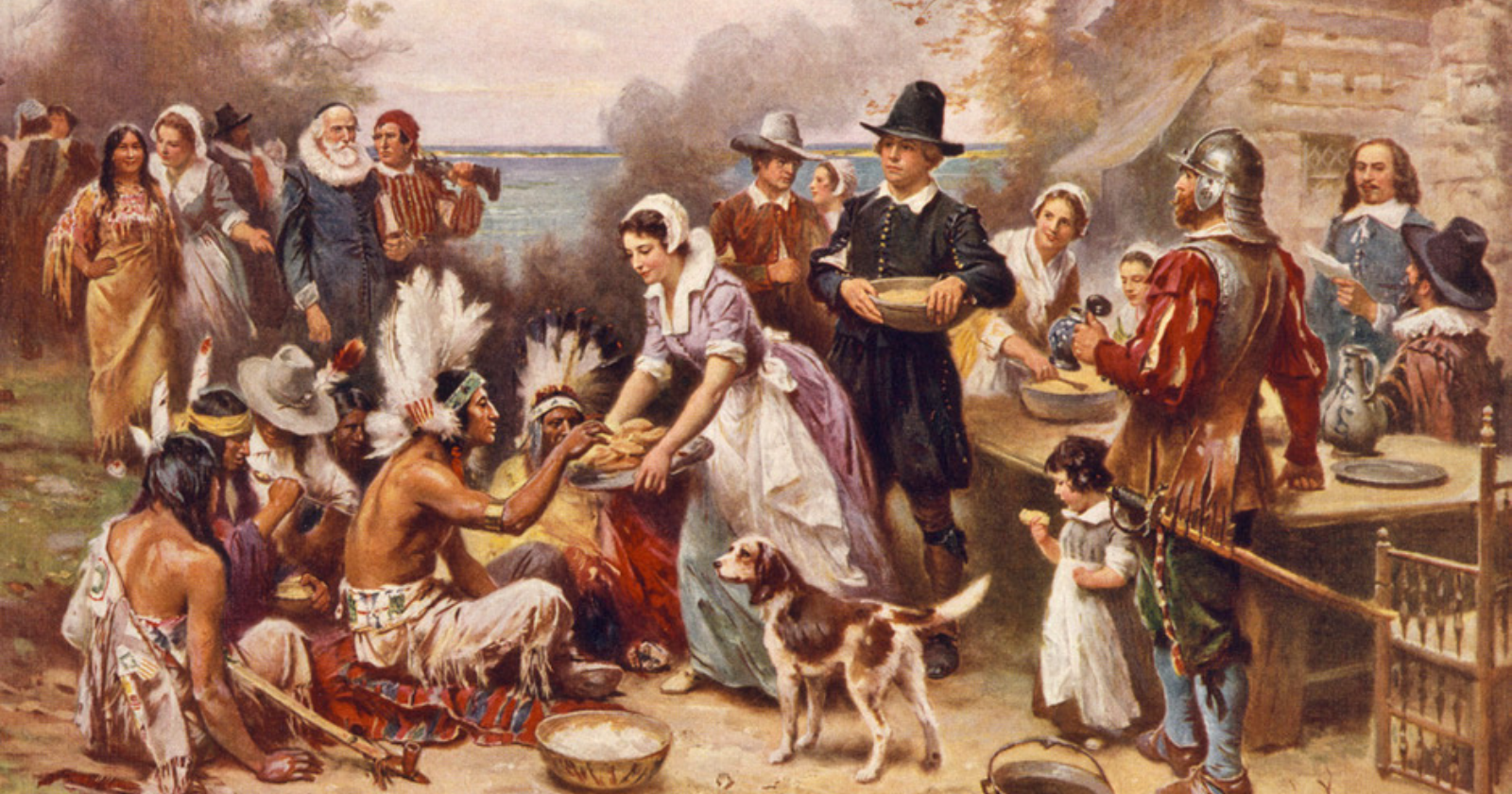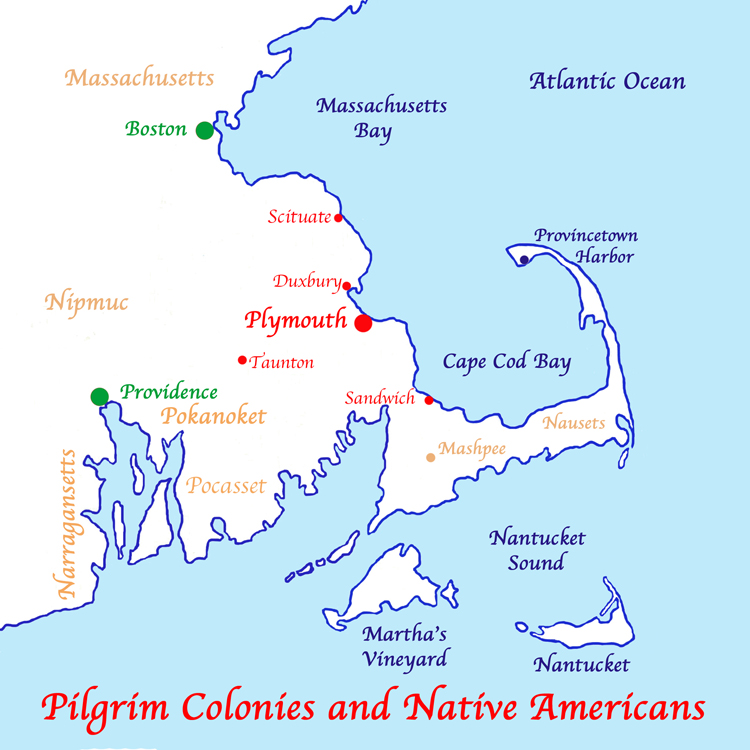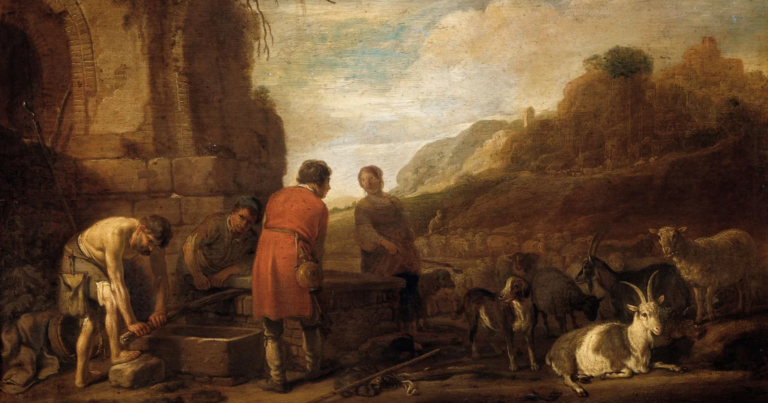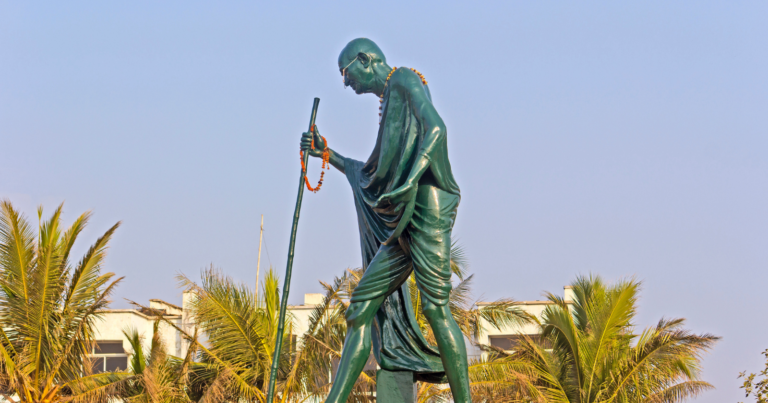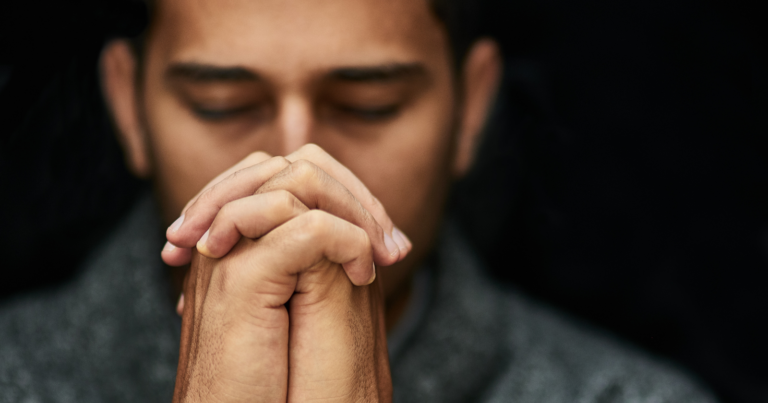The Pilgrims of Plymouth Colony, Massachusetts, constitute a significant chapter in the annals of spiritual history.
Their journey from England to the New World in 1620 was not just a geographical relocation. It was a quest for spiritual freedom and personal growth.
These brave souls embodied resilience and faith, creating a community that thrived against all odds.
In this article, we will delve into the history of these pilgrims and discuss 5 spiritual lessons we can all learn from the Pilgrims’ journey.
Whether you’re seeking personal enlightenment or simply interested in historical insight, these lessons have something to offer.
Who were the Pilgrims?
Did you know that some people consider the Pilgrims as the only ‘true’ Americans?
Well, the Pilgrims were Separatist Protestants who made a clean break with the Anglican Church of England during the reign of King James l.
A small community in Scrooby, Nottinghamshire had begun to meet together beyond the jurisdiction of the Anglican Church.
As Calvinists, they believed in strict adherence to the Word of Jesus Christ directly from the New Testament of the Bible.
Led by their pastor John Robinson, they first moved in 1609 to Leiden, Holland.
But after 11 years, they decided that they wanted a place of their own.
The reason was simple:
They were afraid that their children were losing their identity.
As a result, the Pilgrims received a patent to establish a colony in Virginia through William Brewster with the aid of Sir Edwin Sandys.
However, they landed far to the north at Cape Cod, Massachusetts.
Interestingly, these people were called Pilgrims by their journalist William Bradford, who had in mind the Letter to the Hebrews 11:13-16.
As he wrote, “They knew they were pilgrims, and looked not much on those things, but lifted up their eyes to the heavens, their dearest country, and quieted their spirits.”
Why did the Pilgrims leave England?
The journey of the Pilgrims to the New World was driven by a deep desire for religious freedom.
On September 6, 1620, the Mayflower set sail from England with 102 passengers, including 50 Pilgrims, embarking on a perilous 65-day voyage to Cape Cod, Massachusetts.
These individuals, known as Saints, alongside Strangers (non-Separatists) and the ship’s crew, formed a diverse group united by a common goal.
The Pilgrims, having faced religious persecution for their Separatist beliefs in England, sought a place where they could worship freely and live according to their convictions, untouched by the Anglican Church’s mandates.
Their journey was not merely a quest for a new home but a flight toward spiritual autonomy.
Upon realizing they were landing outside their charter’s boundaries, the group understood the need for a cooperative governance structure.
This led to the drafting of the Mayflower Compact on November 11, 1620 — a pioneering document that established a framework for self-governance and mutual agreement among all passengers.
5 spiritual lessons from the Pilgrims’ journey
1) Faith over fear
The Pilgrims’ journey was marked by harsh conditions and uncertainty. They set sail towards uncharted territories, not knowing what lay ahead.
In those moments of fear and doubt, their faith became their guiding light. It provided them the courage to push forward, despite the odds stacked against them.
This powerful lesson shows us that faith can be a potent force in overcoming our deepest fears. It’s about having the conviction to continue our journey, even when the path ahead is unclear.
What you can learn from here?
Well, whether you’re navigating a personal challenge or standing at the crossroads of life, remember to let your faith guide you beyond your fears. Just as the Pilgrims did centuries ago.
But don’t just take it at face value. Reflect on this lesson and see how it applies to your own spiritual journey.
2) The power of gratitude
It’s easy to forget the importance of gratitude, especially during trying times.
However, the Pilgrims’ experience highlights how vital it is to remain thankful, even when faced with adversity.
After surviving a perilous journey across the Atlantic and enduring the harsh conditions of their first winter, the Pilgrims still found reasons to be grateful.
Their first Thanksgiving was not merely a celebration of the harvest but a profound expression of gratitude to the Native Americans who helped them survive and to a higher power for their continued existence.
Therefore, this lesson teaches us the transformative power of gratitude.
By focusing on our blessings rather than our difficulties, we can find joy and satisfaction in the most challenging circumstances.
Gratitude shifts our perspective, enabling us to see the good in our lives and fostering a positive environment that encourages growth and harmony.
3) Embracing uncertainty and change
One might assume that faith provides certainty.
However, the Pilgrims’ journey reveals that faith often invites us into uncharted territories where we must trust in divine providence.
The Pilgrims’ decision to leave their homeland and set sail for the New World was a monumental leap into the unknown. They left behind everything familiar to embrace a future full of uncertainties and changes.
Thanks to this radical shift from their previous lives in England and Holland, they started anew in America.
Their ability to embrace change and navigate through uncertainty is a testament to their strong spirit and determination.
For instance, consider their adaptability as the Pilgrims’ first winter in the New World.
Unprepared for the harsh conditions, they suffered greatly, with nearly half of them perishing due to disease and starvation.
However, those who survived did not give up. Instead, they learned from the Native Americans how to cultivate the land, which crops to plant, and how to fish, ensuring their survival in the following years.
4) Aligning your actions with your faith
Perhaps not surprisingly, the Pilgrims of Plymouth Colony, Massachusetts, integrated their faith into every aspect of their lives.
This prompts us to reflect on our own lives:
Are our actions reflecting our beliefs? Are we living out our faith in our daily routines?
The truth is that the Pilgrims’ journey was not just a physical relocation but a profound commitment to living their beliefs.
Their actions—braving the unknown, forging alliances with the indigenous peoples, and establishing a community based on mutual respect and religious freedom—were all deeply rooted in their faith.
This alignment of faith and action teaches us the importance of living authentically, making decisions that reflect our deepest values and beliefs.
So, here’s the thing:
Just as the Pilgrims sought to embody their spiritual convictions in every aspect of their lives, we too are called to ensure our actions resonate with our personal faith.
5) Community and cooperation
The theme of community and cooperation is central to the Pilgrims’ experience in Plymouth Colony, Massachusetts.
As a matter of fact, in the face of adversity, they thrived not by individual heroism but by collective effort and mutual support.
Their sense of community was not just a practical necessity — it was an embodiment of their faith.
Simply put, they saw themselves as members of one spiritual body, bound together by shared beliefs and a common purpose.
Even the first Thanksgiving wasn’t a solitary affair. It was a grand feast shared with the Native American allies who had helped them survive.
This sense of shared responsibility and unity is a powerful spiritual lesson. It reminds us that we aren’t meant to navigate life’s challenges alone.
We’re stronger together.
Interestingly, this communal way of living influenced the structure of many future colonies and is considered a foundational principle of American democracy.
The essence of the Mayflower Compact
“In the name of God, Amen. We, whose names are underwritten…do by these presents, solemnly and mutually in the Presence of God and one of another, covenant and combine ourselves together into a civil Body Politick”
Anno Domini, 1620.
These are the words that begin the Mayflower Compact — a document of profound historical and spiritual significance.
Drafted and signed in 1620 by the Pilgrims aboard the Mayflower, it marked the first step towards self-governance in the New World.
This compact was not merely a set of rules or a formal agreement; it was a declaration of unity and purpose under the watchful eyes of God.
It encapsulated the Pilgrims’ dedication to their faith, their king, and to each other, laying the groundwork for a society that valued collective well-being, justice, and the general good.
By electing John Carver as their first governor and committing to enact “just and equal Laws…for the General good of the Colony,” the Pilgrims demonstrated an early form of democracy.
What’s more, this document reflects community responsibility that would inspire future generations.
In essence, the Mayflower Compact is an inspiring demonstration of faith, unity, and the pursuit of a common good.
It reminds us that at the heart of community life lies the responsibility to care for one another, to govern fairly, and to uphold the values we cherish most deeply.
Celebration of the first Thanksgiving
The first Thanksgiving in 1621, shared between the Pilgrims and the Wampanoag Indians at Plymouth, is a pivotal moment in American history.
This gathering, immortalized in the painting by Jean Leon Gerome Ferris – “The First Thanksgiving,” courtesy of the Library of Congress, symbolizes peace and gratitude.
The Pilgrims, referred to as such by their journalist William Bradford, marked a year of survival and a successful harvest in the New World with this feast.
Key points about the first Thanksgiving include:
- Shared harvest celebration between the Pilgrims and the Wampanoag Indians.
- Symbol of cooperation and mutual respect.
- Basis for the modern Thanksgiving holiday in the United States.
This iconic event’s essence captures the spirit of giving thanks and the importance of community.
It laid the foundation for the Thanksgiving holiday, officially established on November 1, 1977, in the United States, celebrating gratitude, family, and togetherness.
Reflections: Why is the Plymouth colony important today?
The essence of the Pilgrims’ journey isn’t confined to history books or Thanksgiving tales. It holds a mirror to our own spiritual journeys.
Today, the Plymouth colony remains a cornerstone of American history, embodying the early foundations of what would become key aspects of American society.
Its importance today can be summarized as follows:
- It represents the beginnings of democracy in America through the Mayflower Compact, an early form of self-governance.
- The colony’s interactions with Native American tribes highlight early examples of cultural exchange and cooperation.
- Pilgrims seeking religious freedom underscore America’s identity as a haven for diverse beliefs.
- The settlers’ perseverance through hardship reflects the American spirit of resilience.
The story of the Plymouth Colony continues to inspire and challenge. It remins us of the enduring values and difficult lessons that have shaped the United States.


